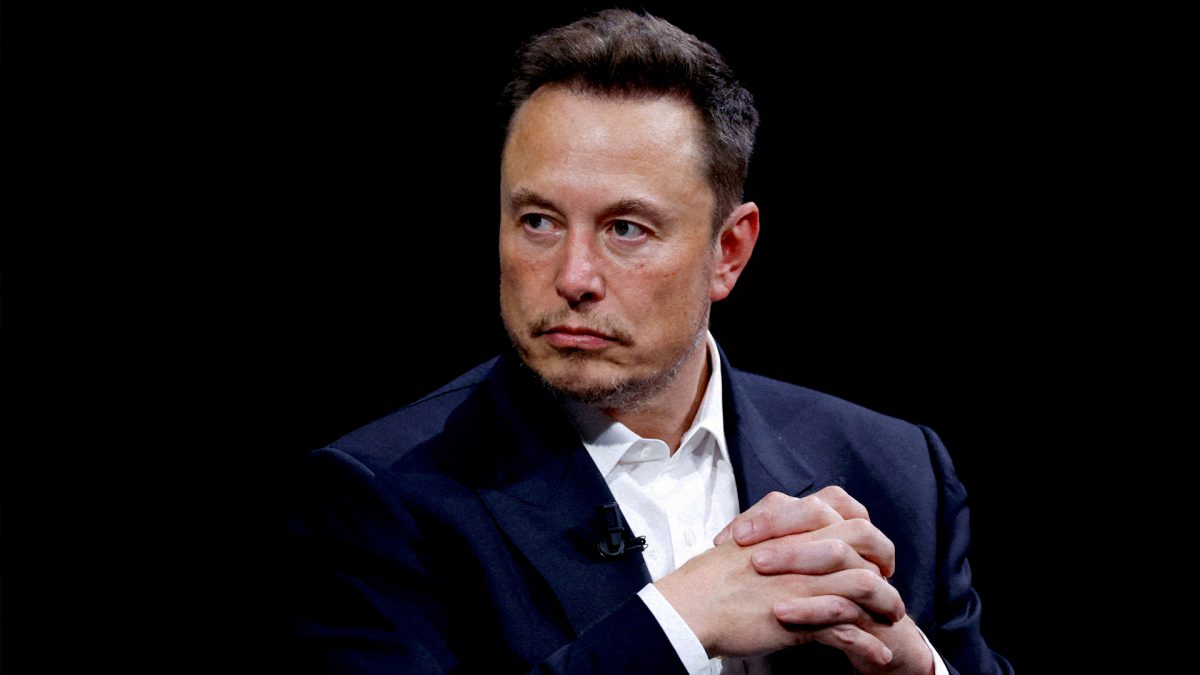One of the most significant points of contention is X’s approach to verified accounts. The European Commission noted that X’s current system allows anyone to subscribe for a “verified” status, which has been exploited by malicious actors to deceive users read more
)
The charges against X are part of an ongoing investigation that the EU regulators initiated in December. This probe not only scrutinizes X's transparency and advertising practices but also delves into its content moderation strategies. Image Credit: Reuters
European regulators have levelled serious charges against Elon Musk’s platform, X, accusing it of breaching the Digital Services Act (DSA) by misleading users and committing other violations. The European Commission’s preliminary findings, announced by senior official Margrethe Vestager on Friday, indicate that X has not complied with key transparency requirements mandated by the DSA.
The violations cited include the use of “dark patterns” to mislead users, failing to provide an adequate advertising repository, and obstructing access to data for researchers. Dark patterns are subtle design strategies used to nudge consumers into making decisions beneficial to the company, such as opting into data tracking by prominently displaying acceptance buttons while minimizing the opt-out options.
One of the most significant points of contention is X’s approach to verified accounts. The European Commission noted that X’s current system allows anyone to subscribe for a “verified” status, which has been exploited by malicious actors to deceive users. This is a stark departure from industry practices where verification was typically reserved for authenticating the identities of trustworthy sources.
The Commission’s preliminary findings, if confirmed, could lead to substantial financial penalties for X, potentially up to 6 per cent of its global annual turnover. This would be a significant blow to the platform, highlighting the serious nature of the alleged violations.
X has yet to respond to CNN’s request for comment on these accusations. Thierry Breton, another senior Commission official, criticized the platform’s current verification system, stating that it now misleads users rather than serving as a mark of trustworthiness, thereby infringing the DSA.
The DSA, which went into effect in August, includes a range of rules designed to protect consumers from deceptive practices and ensure transparency. It explicitly bans dark patterns and mandates that digital platforms provide clear and straightforward options for users, especially concerning their data privacy.
The charges against X are part of an ongoing investigation that the EU regulators initiated in December. This probe not only scrutinizes X’s transparency and advertising practices but also delves into its content moderation strategies. The investigation aims to assess whether X has disseminated illegal content and failed to adequately address misinformation.
The formal investigation into X’s practices was sparked by increasing concerns from EU officials last year. These concerns were heightened after the October 7 attacks by Hamas against Israel, during which accounts affiliated with the terrorist group were reportedly active on the platform. This incident raised significant alarms about X’s ability to manage and moderate content effectively, in line with the DSA’s requirements.

 2 months ago
18
2 months ago
18
)
)
)
)
)
)
)
)
)
)
)
)
)
)
)
)
)
)
)
)
)
)
)
)
 English (US) ·
English (US) ·